Mozambique: President rejects violence to solve conflict on anniversary of Mueda massacre
Mozambique: Internet restrictions prevent its use to destroy the country – minister
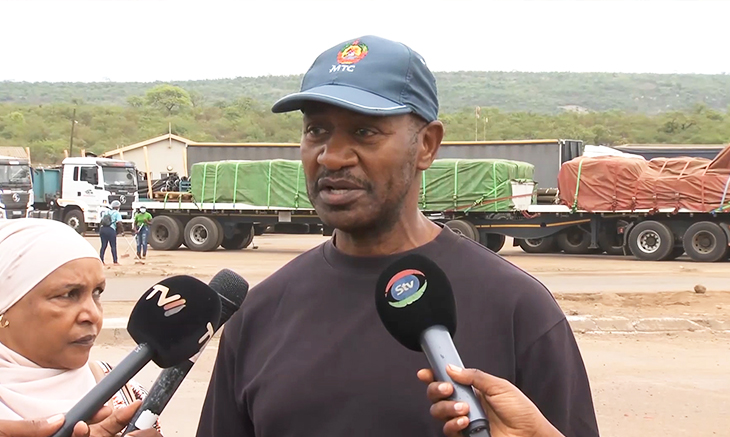
Photo: O País
Mozambican Minister of Transport and Communications Mateus Magala says that recent restrictions on the internet in Mozambique were the result of the operators’ own actions, so that it [the Internet] would not be used to “destroy” the country.
“It is a combination of many factors. The destruction of infrastructure, but also the safety of the operators themselves, who have to work in a secure environment. Also the civil liability of the operators, I can say, when they see that the Internet is being used to destroy the country,” Minister Mateus Magala told journalists this Sunday (10-11), speaking near Ressano Garcia in Maputo province.
“They themselves have certainly taken measures to prevent the Internet from being an evil used to destroy our country,” Minister Magala stated.
For almost two weeks, access to the Internet via social networks and WhatsApp, these being the usual means for calling for and publicizing demonstrations, has been limited.
“When we see violations that endanger the integrity of all Mozambicans in the nation, we have to act accordingly, so that our means of communication are not used to destroy the country. It is in this context that, for example, many people, because of security, did not show up for work. Was it the government that told them not to show up for work? No, the government said ‘let’s work’, but people made the decision, because they perceived the risk where they are, that they could not move around,” Magala added.
The minister appealed to the population “to be civil and to protect transport and communications infrastructure”, so that “there is no interruption” of these services in the country.
The announcement by the National Electoral Commission (CNE) of Mozambique on October 24 of the results of the October 9 elections, which attributed victory in the presidential elections to Frelimo candidate Daniel Chapo with 70.67% of the votes, sparked a call for popular protests by presidential candidate Venâncio Mondlane.
According to the CNE, Mondlane came in second place, with 20.32%, but he stated that he did not recognize the results, which still have to be validated and proclaimed by the Constitutional Council, which has no deadline for this purpose and is still analysing the dispute.
After street protests that paralyzed the country on October 21, 24 and 25, Mondlane once again called for a seven-day general strike starting October 31, with nationwide protests and a demonstration culminating in Maputo on Thursday, November 7. This resulted in chaos in the capital, with several barricades and tires burned and tear gas fired by the police throughout the day to disperse the protests.
Venâncio Mondlane announced that the protests would continue until electoral credibility was restored.
At least three people were killed and 66 were injured during clashes between protesters and police on Thursday 7 November, the eighth day of the strikes called by Venâncio Mondlane, the Maputo Central Hospital (HCM), the largest health unit in the country, announced.
“We had a cumulative 138 admissions at all our entrances, of which the adult emergency room had 101 patients. Of the 101 patients, 66 were victims of these demonstrations and the rest were for other reasons,” said Dino Lopes, director of the Adult Emergency Service at HCM.


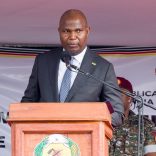
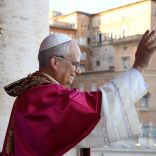
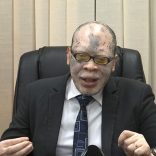
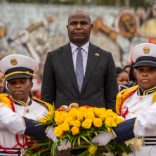
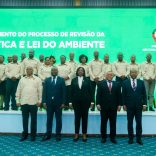
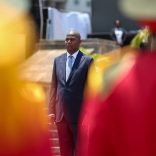





Leave a Reply
Be the First to Comment!
You must be logged in to post a comment.
You must be logged in to post a comment.